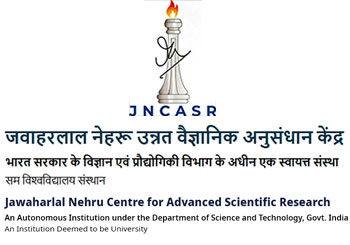EOBU
Unit Faculty
Associate Faculty
At present there is no content available for this section, once content will be available would be updated.
Fellows
At present there is no content available for this section, once content will be available would be updated.
Research Highlights
Research Facilities
English
Short-term Programmes
- Back to previous page
- |
-
Page last updated date:13-06-2025 11:43 AM
























